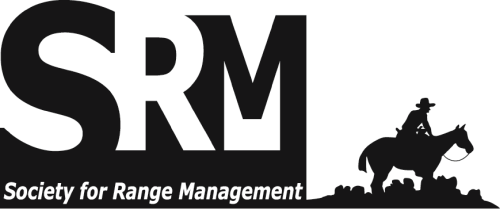Grazing represents a sustainable, efficient, and low-cost alternative for medusahead control. However, results about its applicability are not encouraging. Some claim that livestock will not eat medusahead at any stage of growth, likely due to its low nutritional value. Others suggest sheep eat medusahead if forced (i.e., at high animal densities). However, this practice affects animal welfare and productivity and may be unrealistic when applied at larger scales. Grazing approaches need to take into consideration the importance of experience at modifying the foraging behavior of herbivores. Grazing preferences depend on consequences, which evolve from the ongoing interactions between the genome and the environment. To facilitate adaptation, genetic instructions are modified by social and environmental experiences. The uniqueness of these interactions makes each individual different. Based on this principle, managers can create training methodologies that shape genome-environment interactions in ways that enhance utilization of target species like medusahead. For instance, preference for a particular food depends not only on its intrinsic (e.g., nutritional, toxicological) properties, but also on the nutritional context where that food is ingested. An instance of this type of phenomenon has been called induction effect, which consists of an increased intake of an unpalatable food when it is associated with the ingestion of a preferred food in a sequence familiar to the animal. In addition, positive experiences early in life (with mother, with the appropriate nutritional context) can have life-long influences on herbivores by causing neurological, morphological, and physiological changes that increase intake of and preference for medusahead. Ongoing research on these areas will be discussed in this forum.

Oral presentation and poster titles, abstracts, and authors from the Society for Range Management (SRM) Annual Meetings and Tradeshows, from 2013 forward.